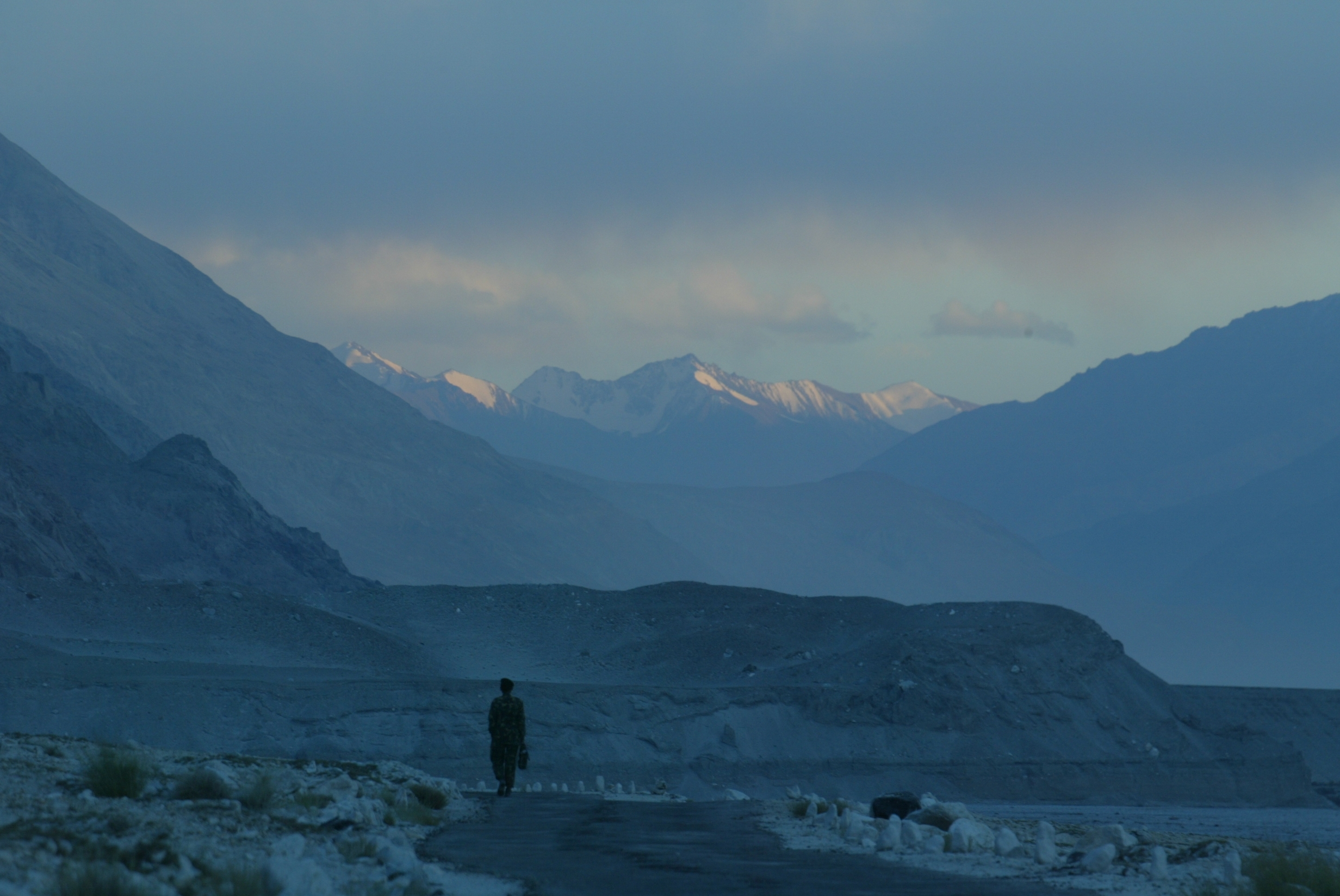
Aamir runs a fabric shop in the village. He has a college degree in IT but he could not continue his studies because he supports his family. In his village of more than 12 thousand people, both men and women, complain about an acute dearth of basic health facilities.
“The need to address healthcare concerns becomes even more urgent when you consider other villages that come under the council,” says Saeedullah, a member of the village council. “Considering other villages increases the population to 25,000, and not a single village here has access to a basic health unit.”
Located to the West of District Nowshera, UC Bara Banda is divided into five village councils. Of the 12,000 people in VC Bara Banda, about 6,000 are voters. The village is situated on the edge of Kabul River and agriculture is the main source of income for most village dwellers. Some younger people also work in marble factories situated near the village.
Apart from the absence of health facilities, the UC Bara Banda is also deprived of many other basic facilities. There is only one primary and a higher-secondary school for girls which make the village less developed as compared to many other parts of K-P.
The village also faces an alarming level of water scarcity but owing to the sheer negligence of the authorities, water projects that were once initiated in the village have been left incomplete and are totally ignored. As a result, people have to travel long distances to fetch water.
Aamir says that it is not just the children and men who suffer but women – who enjoy little mobility because of the conservative socio-cultural milieu – are in a desperate situation because of multiple health issues.
“If someone falls sick in the middle of the night or even during the day, we have to rush them to the hospital which is situated far away from the village. Sometimes, the patient dies on the way to the hospital,” said Nighat Bibi, a woman from VC Bara Banda.
Speaking of women’s issues, an NGO runs a widow-support programme in the villages of Bara Banda and Gharibabad where it maintains a supply store to provide flour, oil, sugar, and other eatables in addition to Rs10,000 per month to every widowed woman. The villagers, however, complain that some widows are financially strong so the package should instead be provided to women coming from destitute families.
Villagers also complain about the indifference of the local government towards their grievances. Speaking to The Express Tribune, a villager said that the representatives of the local government communicate either with influential people or their own relatives, without interacting with the villagers at all.
Others say that the local government is not cooperative towards them by keeping them out of the development planning process. As a consequence, villagers do not have the awareness of their basics rights to education, health, and clean drinking water, among others.
They, however, identify the acute scarcity of water as their most urgent need because of its use in agriculture.
“We are totally dependent on water,” says one villager. “It is distributed on the basis of who wields the most influence. As a result, the Khans and the Maliks get the most of it.”
When asked, villagers of VC Bara Banda expressed their interest in direct participation in local government processes because they want to know more about the services and opportunities and learn how to play their part in the development of their village.
Women of the village also said that they are not involved in any local government projects and are completely sidelined when it comes to developmental projects because the female councillor is inactive.
When approached, the village council Nazim was not in the office. After repeated calls, he answered the phone but hung up without commenting on the plight of the villages and later switched his phone off.
“The government should introduce policies to empower women so that they could play a vital role in resolving local issues related to them,” says a Bara Banda woman. “We need a basic health unit here and access to maternity services in our village because women face many problems in this regard,” she concluded.
Published in The Express Tribune, May 12th, 2019.











COMMENTS
Comments are moderated and generally will be posted if they are on-topic and not abusive.
For more information, please see our Comments FAQ